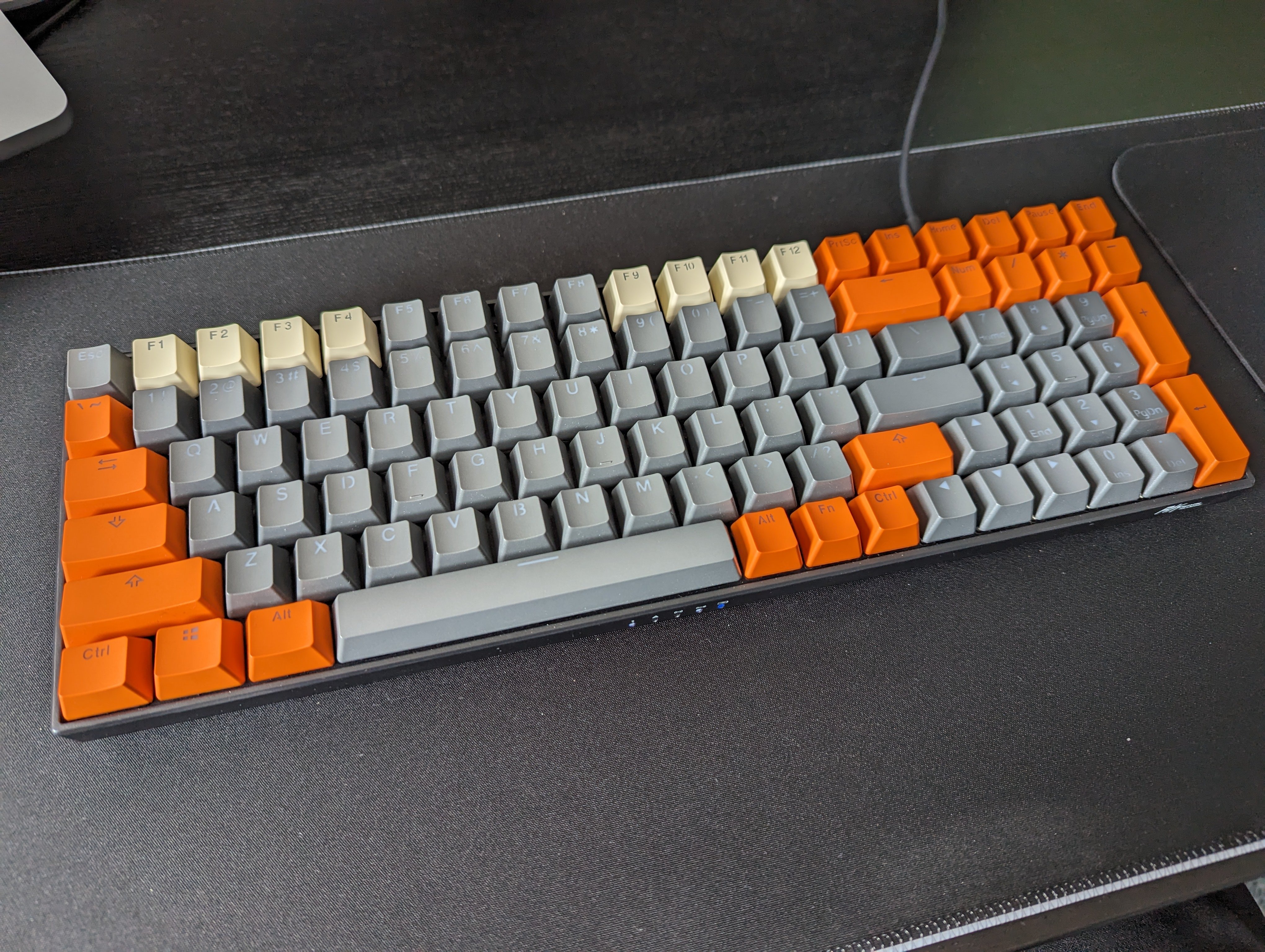

I agree with the headphone jack, but the only Nexus with a microSD slot was first one, the Nexus One.


I agree with the headphone jack, but the only Nexus with a microSD slot was first one, the Nexus One.


I haven’t tried it myself but LOOT has a native Linux version on Flathub. https://flathub.org/apps/io.github.loot.loot


There’s two display options, 2256x1504 60Hz without rounded coners and 2880x1920 120Hz with rounded corners.
Specs are identical to the Surface Pro 11 and Framework said they are using an existing panel so they might be using the same panel, which makes it cheaper to develop since M$ would have paid for the development.


I’ve had the opposite experience between Logitech and Razer, at least when it comes to mice. Every modern Logitech mouse I’ve had (3) has had the right and left click switches replaced as they started double clicking right after the warranty expired.
Logitech are actually using the wrong switches as they’re running them below their design voltage and is causing premature failure. I swapped them out with appropriately rated switches and they are still in service, now for much longer than the original switches.
When the failure started though I switched my main mouse to a Razer with optical switches and have had zero problems with the hardware. Software wise, Polychromatic + OpenRazer on Linux works better than Razer’s software on Windows. Razer’s software leaves a lot to be desired, but Logitech’s software is only marginally better.
I have Tailscale directly installed on the host and I don’t use Mullvad so I haven’t tried that setup myself.
Looks like you would need to set the TS_EXTRA_ARGS environment variable in your container to --exit-node= --exit-node-allow-lan-access=true with the exit node name or ip of the Mullvad node. I haven’t tried this myself though.
That’s great to hear! Gluetun looks interesting, I’ll check it out and maybe migrate if it works for me.
I haven’t used that feature so I can’t really say, but I don’t see how it would affect it. You’re not modifying anything on the tailscale side and you’re not adding nodes to your tailnet, you only have the same one for the host system.
Tailscale was updated with direct support for Mullvad, but since you already have Proton I’m guessing you wouldn’t want to switch.
If you’re using containers, you can have one container with your VPN and route traffic from specific containers through the VPN container. You can then have tailscale on the host system.
There’s a quick guide on setting up the VPN part here. Tailscaile you set up normally.


You can use one of your nodes as an exit node for another device and route your traffic though it as an alternative to a public VPN, depending on your needs.
I use it for remote management, video streaming, and the occasional file transfer without publicly exposing my NAS. You could achive all this by setting up your own wireguard server but that’s more work.
I’m surprised you’re finding it too slow for video streaming. I use it just fine and can saturate my 300 Mbit connection when doing file transfers.


RK100 owner here. I need my numpad.

You’re missing these pieces that connect the spacebar key to the stabilizer wire. They should be on the original spacebar but can be slightly difficult to remove. They are just friction fit and are removable though.